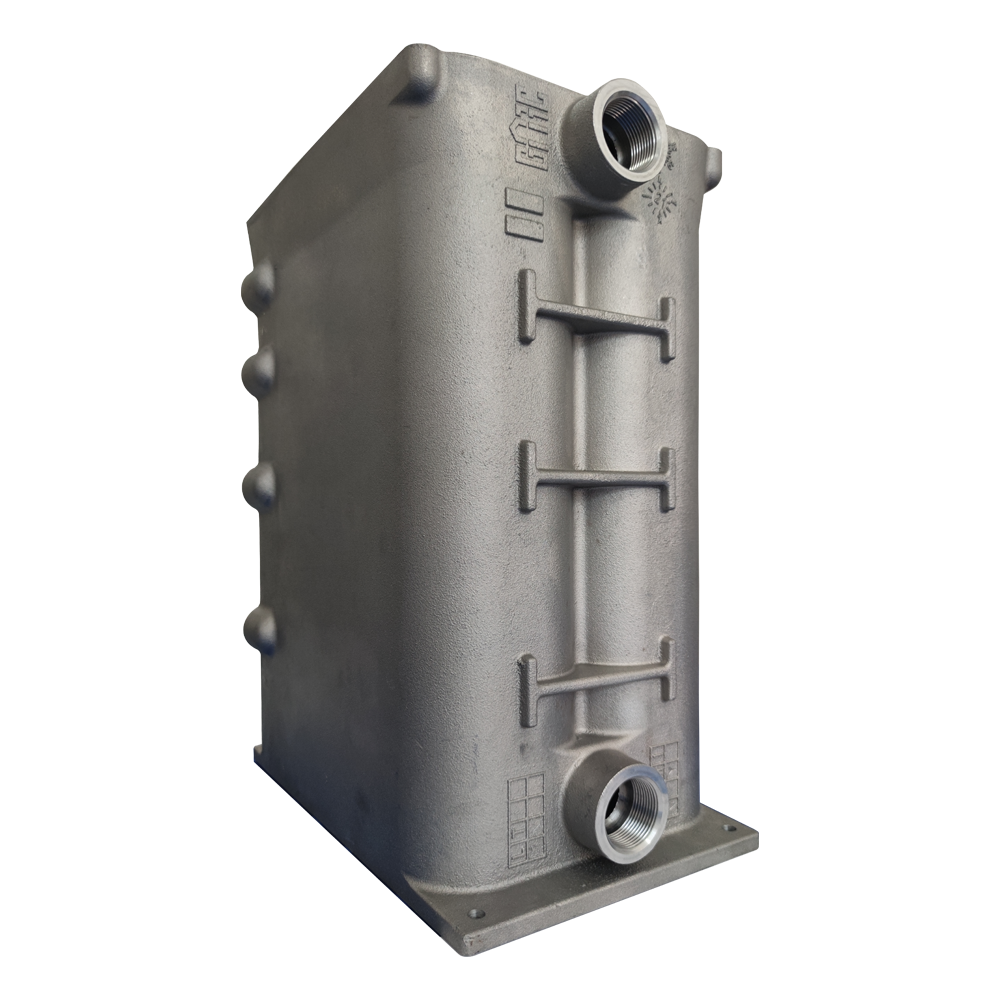- Afrikaans
- Albanian
- Amharic
- Arabic
- Armenian
- Azerbaijani
- Basque
- Belarusian
- Bengali
- Bosnian
- Bulgarian
- Catalan
- Cebuano
- China
- China (Taiwan)
- Corsican
- Croatian
- Czech
- Danish
- Dutch
- English
- Esperanto
- Estonian
- Finnish
- French
- Frisian
- Galician
- Georgian
- German
- Greek
- Gujarati
- Haitian Creole
- hausa
- hawaiian
- Hebrew
- Hindi
- Miao
- Hungarian
- Icelandic
- igbo
- Indonesian
- irish
- Italian
- Japanese
- Javanese
- Kannada
- kazakh
- Khmer
- Rwandese
- Korean
- Kurdish
- Kyrgyz
- Lao
- Latin
- Latvian
- Lithuanian
- Luxembourgish
- Macedonian
- Malgashi
- Malay
- Malayalam
- Maltese
- Maori
- Marathi
- Mongolian
- Myanmar
- Nepali
- Norwegian
- Norwegian
- Occitan
- Pashto
- Persian
- Polish
- Portuguese
- Punjabi
- Romanian
- Russian
- Samoan
- Scottish Gaelic
- Serbian
- Sesotho
- Shona
- Sindhi
- Sinhala
- Slovak
- Slovenian
- Somali
- Spanish
- Sundanese
- Swahili
- Swedish
- Tagalog
- Tajik
- Tamil
- Tatar
- Telugu
- Thai
- Turkish
- Turkmen
- Ukrainian
- Urdu
- Uighur
- Uzbek
- Vietnamese
- Welsh
- Bantu
- Yiddish
- Yoruba
- Zulu
Aug . 15, 2024 13:43 Back to list
Production of High-Quality Mould Palets for Cast Iron Pipe Manufacturing in Leading Factories
The Role of Cast Iron Pipe Mould Pallets in Modern Manufacturing
In the manufacturing industry, efficient production processes are paramount to meet the growing demands of consumers and industry standards. One important component that plays a vital role in the production of cast iron pipes is the mould pallet. Especially designed for the casting process, these pallets are crucial in ensuring the quality and efficiency of cast iron pipe manufacturing. This article explores the significance of mould pallets in the cast iron pipe production process, along with insights into factories that specialize in their production.
Understanding Cast Iron Pipe Mould Pallets
Mould pallets are flat structures that support the moulding boxes during the casting process. They are typically made of high-quality materials that can withstand the rigors of heavy machinery and high temperatures. In the context of cast iron pipe production, mould pallets serve multiple functions, including stability, support, and alignment of the mould as molten iron is poured into it.
The manufacturing of cast iron pipes involves pouring molten iron into specially designed molds to achieve desired dimensions and structural integrity. The role of the mould pallet is pivotal because it not only holds the mould but also ensures accurate casting by aligning the mould components correctly. As such, the quality of the mould pallet directly affects the quality of the final product.
Importance of Quality in Mould Pallet Manufacturing
In any manufacturing industry, quality assurance is a non-negotiable aspect. Mould pallets for cast iron pipes must meet stringent standards. Factories producing these pallets must utilize durable materials that can withstand intense heat and mechanical stress. They often employ advanced manufacturing technologies and quality control systems to ensure that each pallet meets the required specifications.
The focus on quality in the manufacturing process helps minimize defects in the casting of iron pipes, which can lead to costly repairs or replacements
. Factories that prioritize quality control in their mould pallet production can thus provide a consistent product that enhances the overall efficiency of the casting process.cast iron pipe mould palet factories

Innovations in Mould Pallet Factories
The landscape of mould pallet manufacturing has evolved with advancements in technology. Many factories have integrated automation and robotics into their processes, which boosts production efficiency and accuracy. Automated systems can ensure precise dimensions and consistent quality while reducing lead times significantly.
Moreover, there is a growing trend towards sustainability in manufacturing. Factories are increasingly looking for eco-friendly materials and processes to minimize their environmental impact. Innovations such as using recycled materials for mould pallets not only reduce waste but also cut down costs, making production more economical.
Global Landscape and Market Demand
The global market for cast iron pipes continues to expand due to infrastructure development and increasing demand for water and sewage systems. Consequently, the need for high-quality mould pallets is also on the rise. Factories around the world are responding to this demand by enhancing their production capabilities and diversifying their product offerings.
In regions with growing industrial activities, the investment in modern mould pallet factories represents an essential strategy to cater to the increasing needs of the cast iron pipe industry. As economies develop, the emphasis on infrastructure creates a direct impact on the mould pallet manufacturing sector.
Conclusion
The importance of cast iron pipe mould pallets in the manufacturing process cannot be overstated. They are critical components that impact not only the quality of cast iron pipes but also the efficiency of the production process. As technology advances and market demands evolve, mould pallet factories must continue to adapt, focusing on quality, innovation, and sustainability. In doing so, they will not only enhance their production capabilities but also contribute to a more efficient and responsible manufacturing industry.
-
Premium Cast Iron Water Main Pipe: Durable, Corrosion-Resistant
NewsAug.03,2025
-
Durable Cast Iron Water Mains | AI-Optimized Systems
NewsAug.02,2025
-
High-Efficiency Propane Boiler for Baseboard Heat | Save Energy
NewsAug.01,2025
-
Premium Source Suppliers for Various Gray Iron Castings
NewsJul.31,2025
-
Durable Cast Iron Water Main Pipes | Long-Lasting
NewsJul.31,2025
-
High-Quality Cast Iron Water Main Pipe for Durable Infrastructure
NewsJul.30,2025


